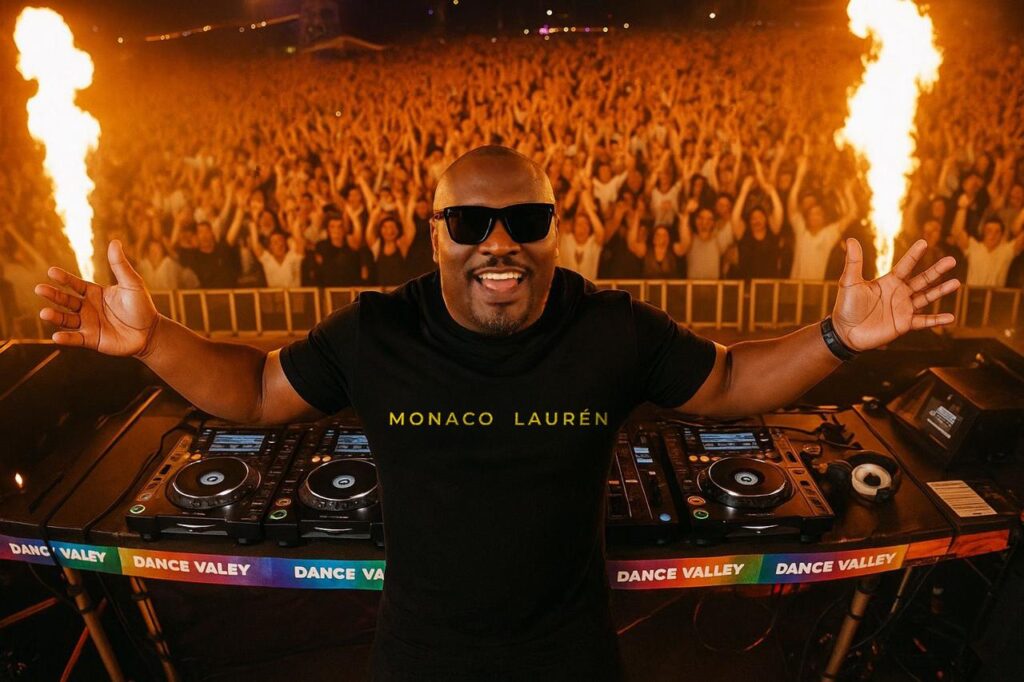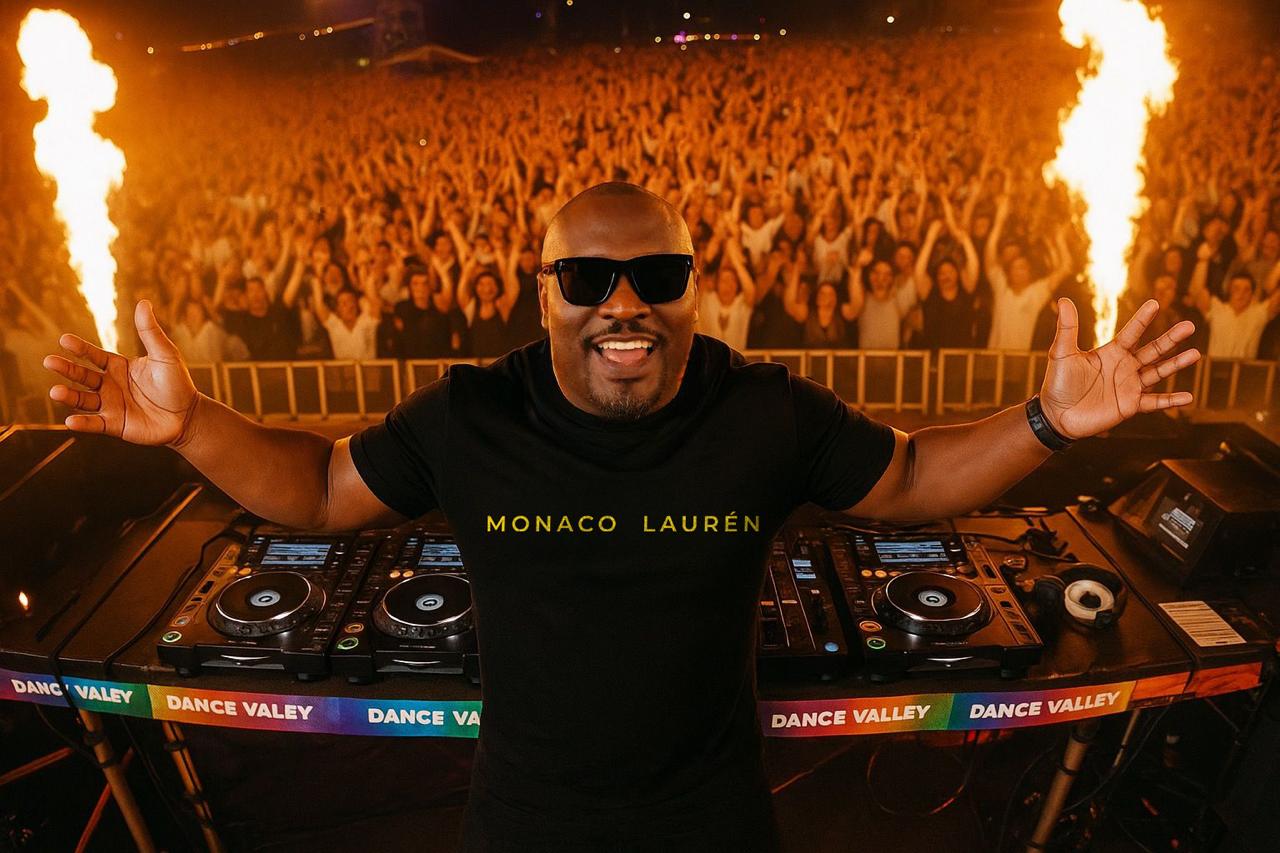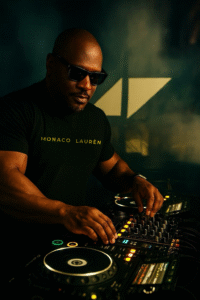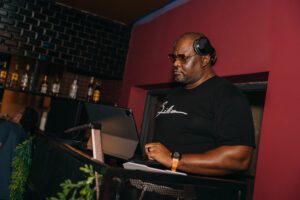Introduction: The Rise of Afrohouse Music
In every major city — from Johannesburg to Lisbon, Ibiza to Dubai — one sound is uniting dancers, dreamers, and creators: Afrohouse music.
It’s more than just a genre. Afrohouse music is a living rhythm — a fusion of African percussion, deep house production, and soulful energy designed to move both the body and the spirit.
As global audiences crave authenticity and connection, Afrohouse has become the heartbeat of the global Afro-electronic scene, blending culture and consciousness in ways no other style can.
And artists like Monaco Lauren are taking this energy to new heights — curating luxurious, spiritual, and globally inspired Afrohouse experiences that redefine what dance music can be.
What Makes Afrohouse Music Unique?
To understand why Afrohouse music resonates worldwide, it helps to look at what makes it different.
Unlike fast-paced EDM or bass-heavy Amapiano, Afrohouse thrives on intention and emotion. It’s immersive, layered, and deeply rooted in heritage.
The Sound of Afrohouse
- Tribal Drums: Organic, percussive rhythms that echo ancestral African beats.
- Deep Basslines: Steady, meditative, and grounding — connecting rhythm to the body.
- Soulful Vocals: Often chant-like or spiritual, sung in African languages or soul-inspired tones.
- Ethereal Production: Synth textures and melodic pads create emotional atmosphere.
The result is music that feels alive — sound that breathes, moves, and speaks to something ancient within us.
The Roots: From Africa to the World
Afrohouse music began in South Africa, emerging from the blend of Deep House, Kwaito, and Tribal House influences. Early pioneers like Black Coffee, Da Capo, and Culoe De Song infused their productions with African rhythm and spiritual intent — transforming local sound into global culture.
Soon, the movement expanded beyond Africa. Lisbon’s Afro-Portuguese scene, Ibiza’s deep house circles, and Dubai’s luxury lounges all embraced Afrohouse for its universal groove and sophisticated spirit.
Today, the global Afrohouse movement connects continents — a modern ritual of rhythm where every beat feels both grounded and elevated.
Afrohouse vs Amapiano vs Afrobeats: The Modern Sound of Africa
Africa’s music scene is rich with rhythm and variety. While they share roots, these genres tell different stories:
- Afrobeats: Upbeat, lyrical, and joyful — celebrating love and life with vibrant melodies.
- Amapiano: Deep, bass-driven, and hypnotic — designed for social dance and togetherness.
- Afrohouse: Rhythmic, spiritual, and transformative — connecting the dancefloor to the divine.
Artists like Monaco Lauren seamlessly blend these genres — combining Afrohouse’s depth, Amapiano’s groove, and Afrobeats’ flair to create a cross-genre sound that’s uniquely global.
Why Afrohouse Music Resonates with Global Audiences
What draws people to Afrohouse music is its emotional depth and universal rhythm.
It’s the soundtrack for those who want meaning in movement — luxury with authenticity.
Three Reasons Afrohouse Is Growing Worldwide
- It Heals: The repetitive drums and grounded tempo align breath, heartbeat, and emotion.
- It Connects: Afrohouse bridges cultures — allowing listeners from Lagos to London to feel the same pulse.
- It Elevates: It’s as much about spiritual elevation as sonic pleasure — dance as meditation.
Afrohouse music thrives in settings where people seek experience — beach festivals, rooftop lounges, spiritual retreats, and luxury events.epth, Amapiano’s groove, and Afrobeats’ celebration into one seamless rhythm.
How Artists Like Monaco Lauren Redefine Afrohouse
Few artists understand Afrohouse as an experience quite like Monaco Lauren.
As a global producer, DJ, and cultural visionary, he approaches Afrohouse music not just as entertainment but as transformation. His sets blend tribal energy with modern sophistication, using healing frequencies to elevate mood and consciousness.
“Afrohouse isn’t just sound,” Monaco Lauren says. “It’s energy — a reminder of where we come from and what connects us.”
Whether performing in Dubai, Paris, or Cape Town, Monaco Lauren’s Afrohouse sets feel intentional — every beat crafted to create movement, mindfulness, and magic.
Best Afrohouse Tracks and Artists to Watch in 2025
If you’re exploring the best Afrohouse tracks 2025, start with pioneers and innovators who shaped the sound:
- Black Coffee – Timeless productions that defined the genre’s soul.
- Culoe De Song – Atmospheric, meditative soundscapes.
- Da Capo – Smooth, spiritual bass-driven journeys.
- Monaco Lauren – The new global visionary, blending Afrohouse depth with international luxury and ancestral rhythm.
The Future of Afrohouse Music
The next era of Afrohouse music is all about fusion and intention. Expect:
- Collaborations between Afrohouse, Amapiano, and Latin electronic artists.
- Growth in Afrohouse festivals 2025 across Africa, Europe, and the Middle East.
- More focus on conscious sound design — music that heals and unites.
Monaco Lauren represents this new chapter — where Afrohouse becomes a bridge between worlds: Africa and the diaspora, sound and spirit, tradition and modern luxury.
Conclusion: Afrohouse Music Is a Movement
So, what is Afrohouse music? It’s rhythm with purpose — the sound of connection, healing, and elevation.
From township roots to global stages, Afrohouse is more than a genre; it’s a state of being.
And with artists like Monaco Lauren at the helm, it’s entering a new golden age — one where the dancefloor becomes a space of transformation, and the drumbeat reminds us that we are all one rhythm.




